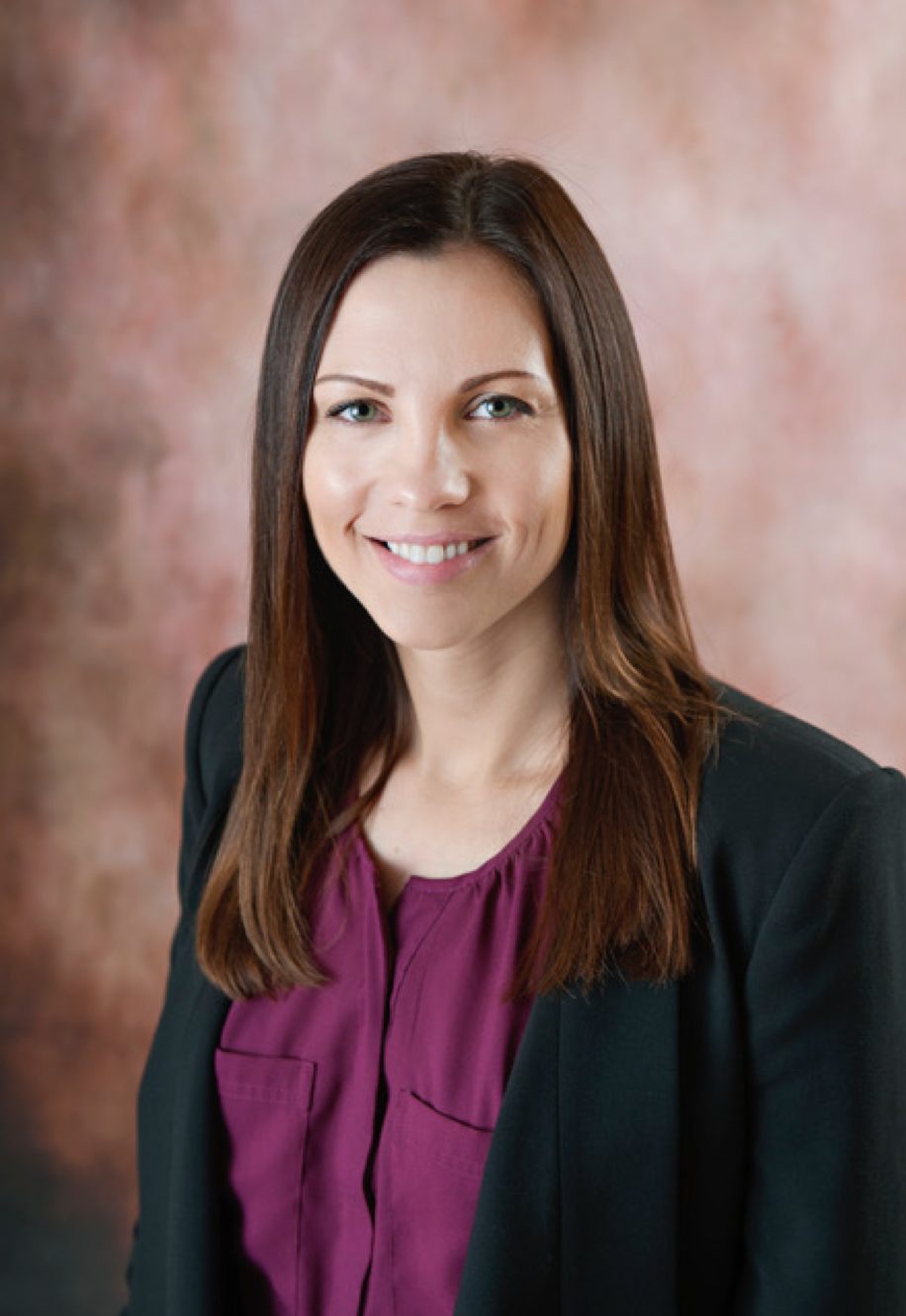Graduates of the Master of Developmental Trauma (DETR) program enter the workforce with unique experiences and skills that prepare them for careers as practitioners and researchers. Here a few of our graduates share their experience in DETR.

As a graduate student in the DETR program, I received academic training, support, and the opportunity to apply knowledge and skills in real-world settings. The combination of classroom instruction and hands-on experience was practical and helpful in preparing me for my career. The people at the Karyn Purvis Institute of Child Development were a significant part of my positive experience there.
I am currently working as a certified child life specialist at a large pediatric medical center. I provide services in the outpatient setting primarily with kids who have a chronic diagnosis. I love the work that I do and the opportunity to support kids and families.
– Jessica Russell, ’15, ’16

I started my journey with the Karyn Purvis Institute as an undergraduate Child Development major at Texas Christian University. I fell in love with the curriculum and developed a passion for serving children from hard places. In fact, I loved the Institute so much I came back to pursue my Master’s degree in Developmental Trauma. As a Master’s student in the Developmental Trauma program, I had a variety of opportunities to study and implement trauma-informed care. My favorite memories include participating as a ‘buddy’ in the TBRI (Trust-Based Relational Intervention) summer camps modeling the Connecting, Empowering, and Correcting Principles for foster/adoptive parents and caregivers of children from hard places. I was also fortunate enough to become a TBRI Practitioner, which has been essential in my current career.
Currently, I am a Family Support Coach with MHMR (My Health My Resources) of Tarrant County. As a Family Support Coach, I serve families with children ages 0 to 5 years old using a coaching interaction style with parent/caregivers in the natural environment, implementing Trust-Based Relational Intervention (TBRI). The program I work for, Early Childhood Connections, is funded by the Department of Family and Protective Services (DFPS) as a means of early prevention against abuse and neglect for children in Tarrant, Johnson, Ellis, and Denton counties. As a coach, my goal is to empower parents/caregivers to feel confident in their own parenting skills and connect families to needed resources in their community in order to strengthen protective factors in their lives. I am grateful that my collegiate experience led me to a career where I am able to fulfill my passion of leading children and families to great levels of healing.
– Taylor Neudeck, ’16, ’17

In 2013 I was introduced to Trust-Based Relational Intervention (TBRI), and set out to make TBRI available in my home country, Ukraine. I was extremely excited about getting my Masters in Developmental Trauma at KPICD, TCU and I had pretty high hopes about the program. Now I can say with the confidence that my experience in the program exceeded all my expectations and helped me not only to broaden and deepen my knowledge on but also develop various personal and professional skills. The educational process was not easy but with the support and encouragement of the faculty and staff, it was achievable and brought a sense of accomplishment and joy. I appreciated the opportunity to do my own research and put into practice learned skills and interventions during the extensive internship. Learning developmental trauma at KPICD was a long-lasting investment, which was worth all the time, efforts and funds put into it, and made me a more proficient professional. I am forever grateful for the opportunity to study at Karyn Purvis Institute, it was life changing.
I am currently the co-founder and director of the Institute of Child Developmental Trauma (ICDT), in Ukraine, a national non-profit organization which focuses on children with a history of trauma and their caregivers empowering them to build meaningful relationship and trust. Today ICDT provides direct services to foster and adoptive families and at-risk children through the TBRI Therapeutic camps, counseling, training and support groups. ICDT also equips professionals in child welfare via training and practicum educating them in complex developmental trauma, trauma-informed care, and evidence-based interventions.
– Raya Shelashska, ’18